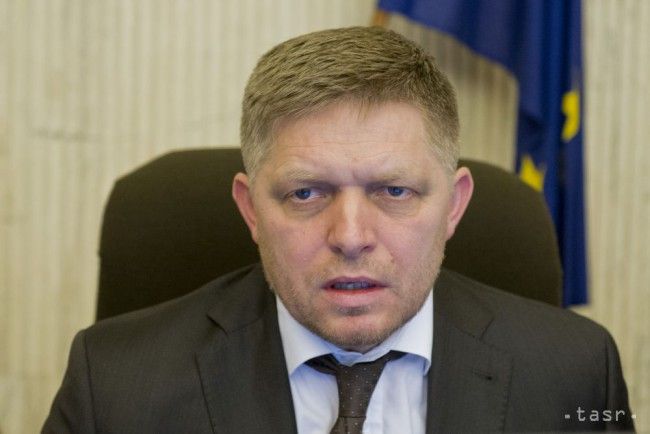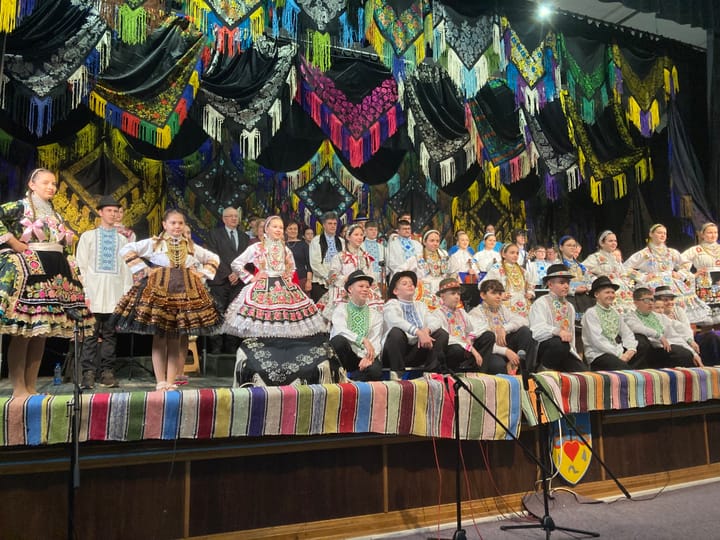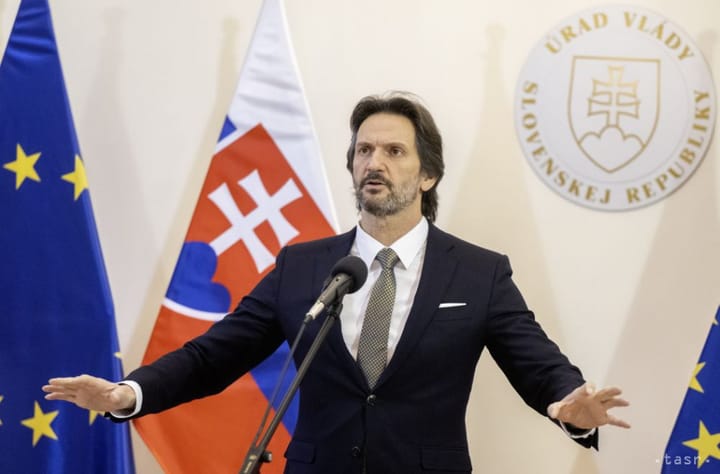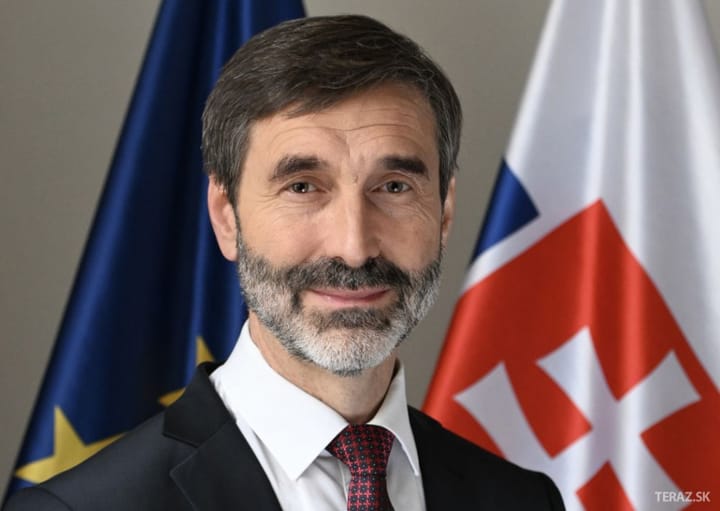Fico: Temporary Quotas Absolute Fiasco; EU Has No Alternative Solution

Bratislava, March 9 (TASR) – The system of temporary migrant quotas within the EU is an absolute failure, stated Prime Minister Robert Fico (Smer-SD) at a meeting of the parliamentary European affairs committee on Wednesday (March 8) while presenting the agenda for the European Council summit.
The summit is taking place in Brussels between March 9-10. The Slovak delegation is being led by the premier.
“So-called temporary quotas, which counted on the relocation of around 160,000 migrants from Greece and Italy, are about to end in 2017, and we know that this programme has been an absolute fiasco. We’re all aware of the fact, and we can all confirm that they haven’t been met at all. The countries that have been shouting and criticising the most haven’t done virtually anything in this area,” said Fico.
A proposal for permanent quotas sponsored by the European Commission (EC) is on the table, but the Slovak premier rejects it. “There is an EC proposal to implement permanent quotas, including sanctions amounting to €250,000 for every single rejected migrant. It’s evident that this proposal won’t pass. It never will,” he said.
Fico also pointed out that despite the fact that the temporary quotas are set to expire soon, leaders still can’t agree on a proposal for replacing them. “We’re now in a situation in which it could soon happen that we won’t have anything – there won’t be temporary quotas … and no new proposal will be adopted,” said the premier, noting that the concept of ‘effective solidarity’ – proposed by Slovakia and based on the willingness of EU-member states to contribute towards resolving the migration crisis in other ways than by admitting migrants based on quotas – is still alive.
“I understand that Malta [currently presiding over the EU Council] is a country that is the main target for migrants. Malta has a slightly more radical view of the quotas than Slovakia, but that’s quite understandable, I think. Therefore, I think that this concept [effective solidarity] is still alive, and if we don’t agree on anything else, we’ll have nothing. Then I’d like to see how we’ll tackle the increasing number of migrants coming to Europe,” said Fico.
In addition to the election of the European Council president, the EU leaders at the March summit are set to deal with employment, growth and competitiveness, security, external relations and the aforementioned migration issue.
“On behalf of the Visegrad Four [the Czech Republic, Hungary, Poland and Slovakia], we’ll raise the issue of double quality standards for food and agricultural products sold on our markets [when compared to food on sale in the old EU countries],” said Fico.



